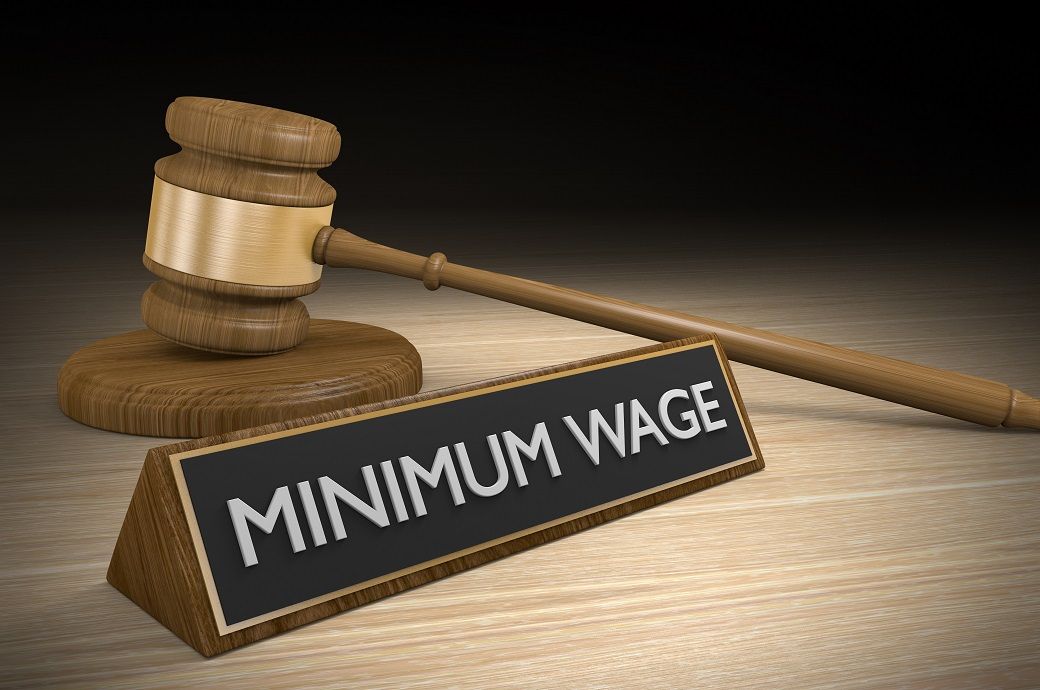
Media reports underlined this adding this deficiency not only fosters wage discrimination but also exacerbates deprivation among workers.
While the government has implemented sector-based minimum wages for 42 industrial sectors and determined wages for state-owned industries, majority of the workforce, engaged in the informal sector, remains outside any wage regulation.
Despite the government’s efforts to set minimum wages for workers in some sectors, disparities persist across industries even if recent steps to include additional sectors like cement and ceramics into formal industrial regulation are underway.
The absence of a national minimum wage standard perpetuates a discriminatory wage system, excluding most workers from legal wage protection even as informal employment dominates the labour market, comprising 85 per cent of the workforce, as reported by the Bangladesh Bureau of Statistics.
This disparity in wage regulation between formal and informal sectors results in unequal treatment and undermines social justice. The lack of clarity on wage determination leads to uncertainty among workers, exemplified by the contrasting pay scales among individuals with similar qualifications.
Past attempts to establish a national minimum wage faced challenges, with industry opposition and legal setbacks hindering progress while calls for a permanent wage commission to address sector-wise wage disparities have been ongoing.
Trade unions advocate for a national minimum wage standard to ensure fair compensation and social protection for all workers. Without such regulation, informal workers face exploitation and insufficient social security.
Fibre2Fashion News Desk (DR)